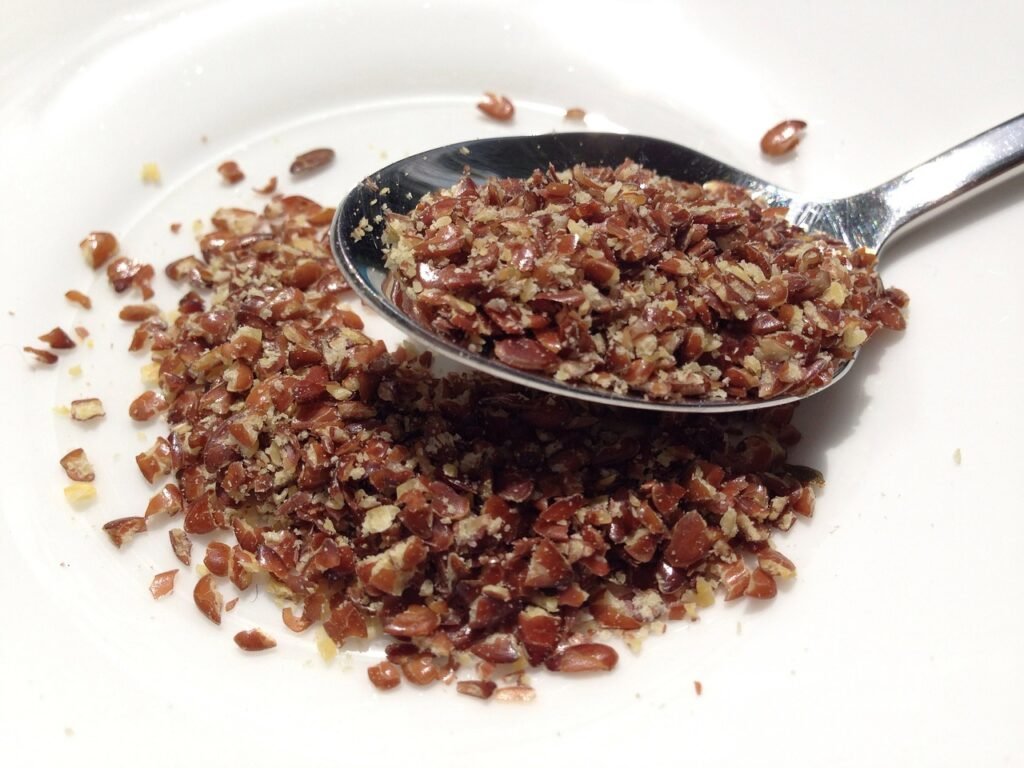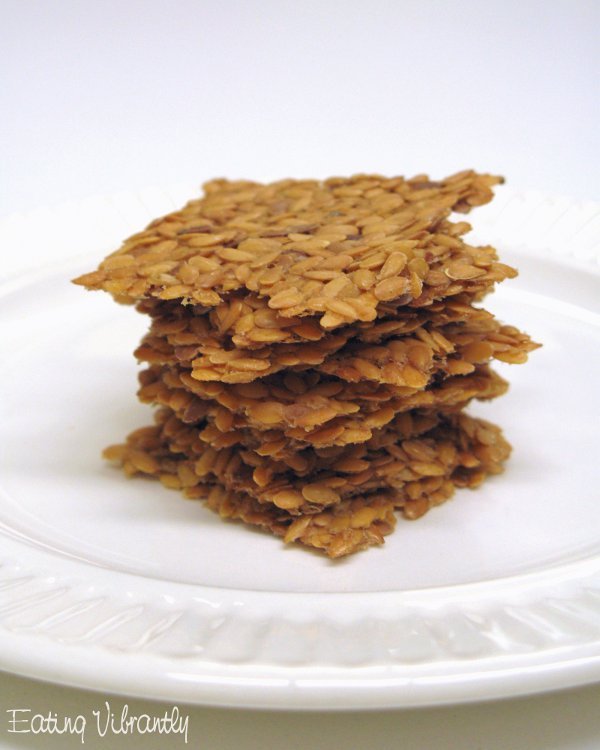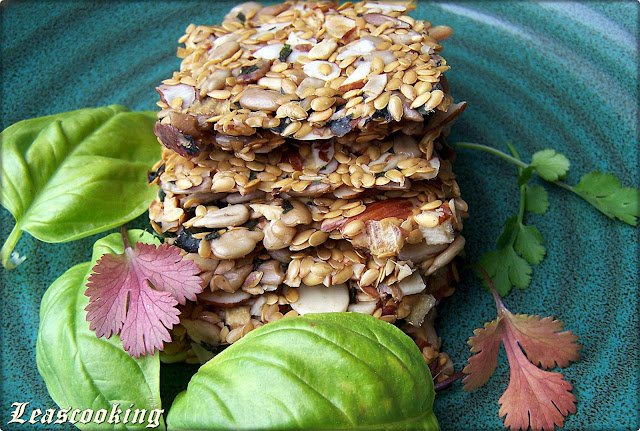Reasons Why You Should Include Flaxseeds Into Your Diet
Table of Contents
What are the health benefits of Flaxseeds?
Include flaxseeds into your diet; it has immense benefits. Since ancient times people used Flaxseeds and also the fibers of the plant.
As early as 5000 BC In BC, flax was grown and used for a variety of things. The flax fibers, for example, were woven into fabrics. Until the 18th-century, flax was the most important textile raw material, but later cotton and synthetic fibers took their place. In ancient Greece, Flaxoil was a remedy for many ailments.
Flax seeds are a great source of healthy omega-3 fatty acids, protein, and fiber. However, there are more health benefits. To get all the benefits, We should include flaxseeds in our diet daily.

Reasons Why We Should Include Flaxseeds Into Our Diet
Flax seeds nutritional profile
You can find two different types of flaxseed in stores: brown and golden. As the nutritional profile is concerned, both varieties are identical.
Two tablespoons full or 20 grams of flaxseed contain :
4.5 g of omega-3 fatty acids
3.6 g protein
5.5 g fiber (22% of the recommended daily allowance, DV)
78 mg magnesium (18% DV)
128 mg phosphorus (10% DV)
163 mg potassium (4% DV)
Flax seeds are the best plant-based source of omega-3 fatty acids.
Plants contain alpha-linolenic acid (ALA), which your body can use. There are several plant sources of ALA, such as chia seeds or walnuts, but none can rival flaxseed. Vegans should pay particular attention to their omega-3 intake, which is why flaxseeds are a good source for them.
Flax seeds help with weight management.
Flaxseed can be a valuable ally when it comes to shedding a few pounds. A study found that flaxseeds promote weight loss in overweight and obese people.
People are always looking for ways to lose weight. With regular exercise and proper food intake, study shows that flaxseeds can help aid in weight loss. A study published in the Journal of Nutrition found that flaxseeds and walnuts are considered energy-dense foods due to their polyunsaturated fatty acids, mainly linoleic acid (ALA) that can help improve obesity and support weight loss.
Control your feeling of hunger.
The number one reason flaxseed can help you lose weight is its effect on your appetite. The fiber contained in flaxseed slows digestion, and you feel longer satisfied. Flaxseeds are full of healthy fiber and fats, which will help you feel satisfied much longer, thereby reducing your need to consume more calories overall and reducing inflammation in the body. Also, they are full of protein, which also helps manage hunger.
Shiny hair and smooth skin
Flaxseeds are high in healthy fats, B vitamins, and minerals. This mixture keeps the hair and skin in good condition. They are also known to be anti-inflammatory, which minimizes skin irritation, tissue inflammation, and redness.
Acne, rosacea, and eczema can all be reduced significantly with just two tablespoons a day.
Flax seeds help your digestion.
Flaxseed promotes regular bowel movements and improves digestion because it is rich in both soluble and insoluble fiber. Soluble fiber serves as food for the bacteria in your intestines, whereas insoluble fiber binds water and ensures softer stools. Flaxseed can help prevent constipation in people with irritable bowel syndrome. Flax contains a lot of fiber. These can help cleanse the colon and help the body excrete unwanted toxins. 1-2 teaspoons a day are suitable here to combat flatulence and to stimulate digestion.
Flaxseed fiber helps regulate blood sugar.
The soluble fiber in flaxseed has another benefit. It seems to help absorb sugar more slowly. A study found that people with type 2 diabetes who consumed 10-20 g of flaxseed meal a day reduced their blood sugar levels by 8-20%. Another study found a reduction in blood sugar and insulin levels after 12 weeks with a daily intake of 13 g flaxseed.
Flaxseed is also low in carbohydrates, which is why it is perfect for people with diabetes.
Flax seeds are good for your heart.
Do you remember the ALA omega-3 fatty acids from earlier? The health of your heart is one of the most important reasons you should make sure you get enough of these fatty acids. Studies show that ALA reduces the risk of heart disease.
They improve your cholesterol levels.
Flaxseeds improve your cardiovascular health by increasing your cholesterol levels. A study has shown that consuming 30 g of flaxseed flour daily for 3 months reduces cholesterol levels by 17% and the amount of the particularly harmful LDL cholesterol by almost 20%. Another study found that 10 g of flaxseed meal consumed daily increases HDL cholesterol by 12% after one month.
Flax seeds reduce the risk of cancer.
For many years, flaxseeds have been proven countless times for their ability to fight against various cancers such as breast, prostate, ovarian, and colon. With no significant caloric and macronutrient intake between the supplemental flaxseed and control groups, dietary flaxseeds can significantly reduce tumor growth in patients with breast cancer. The flaxseeds are rich in lignans. These are antioxidants that slow the growth of tumors by preventing them from spreading to blood vessels. Studies suggest that consuming flaxseed reduces the risk of developing breast cancer and prostate cancer. Lignans might also reduce the risk of endometrial and ovarian cancers, emphasizing more plant-based foods into the daily diet.
A healthy flour substitute
If you want to live gluten-free, you have found a perfect alternative to conventional flour in flaxseed. Flaxseed flour is ideal for baking and is also very healthy. Due to the high proportion of anti-inflammatory substances, we are doing something good for the body.
What are the side effects of flaxseed?
After reading this long list of positive effects, you will probably think that we should all eat more flaxseed. It is perfectly safe for most people to eat flaxseed daily. However, if you want to get started right away and make them part of your diet, keep these two things in mind:
Drink enough fluids with flaxseed; otherwise, constipation could result.
Slowly increase your flaxseed intake. Some people experience diarrhea from overeating it at once. Start with a teaspoon a day and increase the amount as soon as you can, be sure that you can tolerate it well.
What is the daily amount that you should consume?
The health benefits of flaxseed you can achieve with amounts of 1 to 3 tablespoons, or 10-30 g of flaxseed meal per day.
Should You Eat Whole or Ground Flaxseed?
Whole flaxseeds do not have the same health benefits as ground ones because the outer shell is tough to digest, and as a result, they are undigested. Ground flax seeds, on the other hand, are much easier to digest.
So look for ground flaxseed or flaxseed flour. Also, you can buy whole flaxseeds and process them yourself at home using a blender. However, that whole flaxseeds have a longer shelf life than ground ones. It would be best if you consumed ground flaxseeds within a week. Store flaxseed in a cool, dark place to prevent the oils it contains from oxidizing and turning rancid.
Vegans can also use flaxseed to replace eggs.
They can also serve as an egg substitute in vegan recipes. To replace an egg in a recipe, whisk 1 tablespoon of ground flaxseed with 3 tablespoons of water until the mixture becomes jelly-like.
Read> PROVEN VEGAN SUBSTITUTES
How can you include flaxseed into your diet?
Flax seeds have a mild and nutty taste, which is why they are suitable for both sweet and savory recipes. You can grind them and eat them raw or roast them briefly to enhance their flavor.
Here are some tips:
Mix flaxseed into your smoothies
Add a spoonful of flaxseed flour to thicken soups
Add toasted flaxseed to your morning cereal
Enhance your biscuit, cake, or muffin recipes with flaxseed
Add to pizza, bread.
Also, read Powerful Raw Snacks Energy And Vitality For Your Day
Raw flax seeds crackers are easy to prepare and can be kept in a jar for a while. A healthy snack for a hiking tour or also convenient to take with you to work. For the kids as an addition to the lunch box. It is really worth making raw flax seeds crackers enough to keep them and have them always ready for a healthy, nutritious, and powerful snack. See the recipes below and try best all of them, see which one of the raw flax seeds crackers your family likes most.
FLAX CRACKERS ARE A HEALTHY SNACK

There’s almost nothing you can’t put on a flax cracker. And when you’re hungry, looking for a quick snack, do you know how easy (and fast) is it to chuck some cashew cheese or some nut butter on a flax cracker?
Raw Vegan Flax Seed Crackers Recipe
A simple recipe. Jolinda Hackett, the author, recommends eating them along with guacamole or another raw food dip.
The Best Raw Flax Seeds Crackers Recipe

These crackers look simply amazing! On the same page, there are two very well-documented crackers recipes, with step-by-step pictures.
Raw Pizza with Red Pepper Flax Crust

Who doesn’t love pizza? This is absolutely delicious and 100 percent good for you. It is a light, nutritious, filling meal that is positively bursting with fresh, real flavor. There are seriously no filler ingredients – only the good stuff that your body craves.
Vegan Flaxseed Pudding

This is a great low-carb/keto vegan breakfast recipe that is easy to make and easy to switch up with different variations based on the season and what you’re craving!





